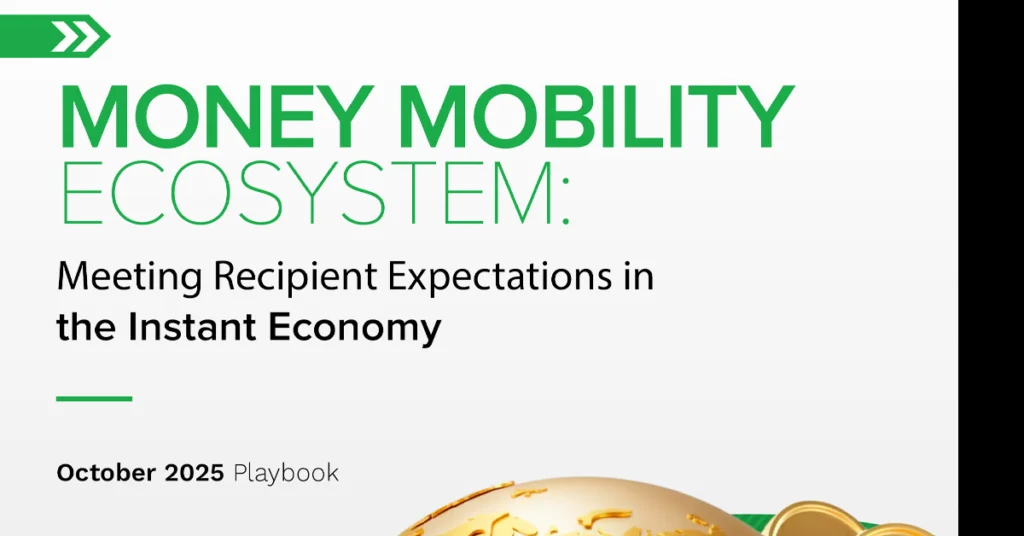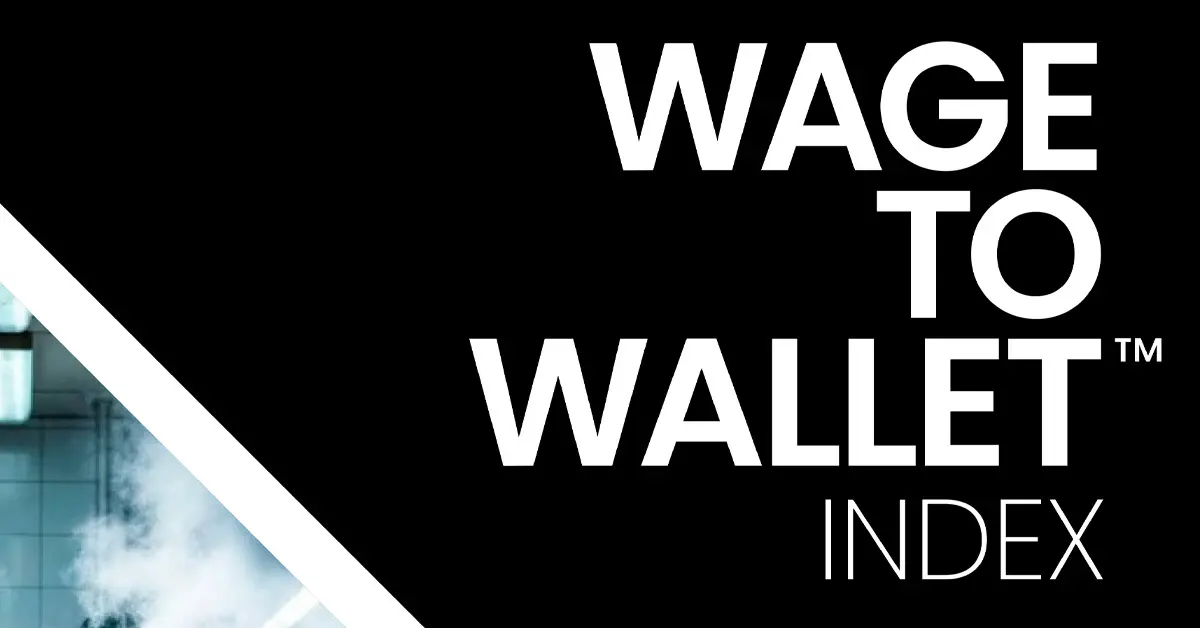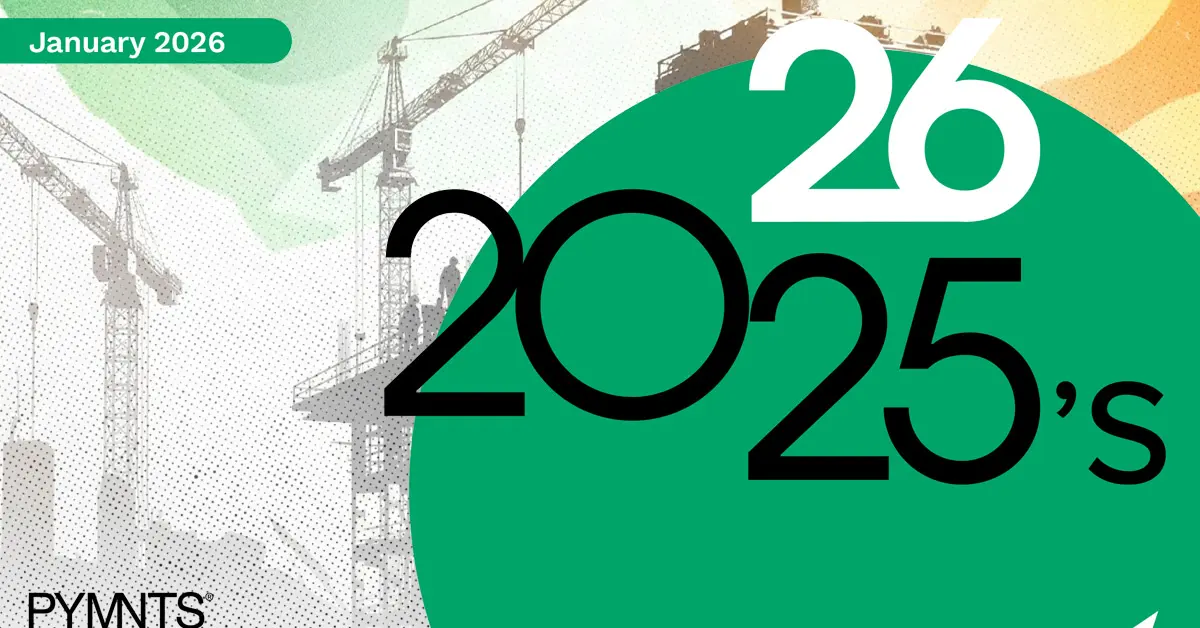Unpredictable Pay Cycles Break Financial Stability for America’s Hourly Workers
At 60 million and growing, the U.S. Labor Economy represents a sizeable segment of the country’s manpower. Yet, even as these individuals serve food, staff warehouses, drive trucks, staff events, care for patients and otherwise keep local commerce moving, it rarely receives attention in mainstream economic narratives.
This disconnect framed a recent podcast between PYMNTS CEO Karen Webster, Ingo Payments CEO Drew Edwards and WorkWhile COO Simon Khalaf. The discussion centered on findings from the latest Wage to Wallet Index, which examines how timing with regard to pay, not just job availability, increasingly determines financial stability for hourly workers.
A Consumption Engine That Rarely Gets Counted
Webster emphasized that the Labor Economy is not peripheral to GDP — it is foundational.
“This is a workforce where what they earn, they spend,” Webster said. “That spending shows up in local economies,” which makes wage volatility an economic issue, not just a personal one.
The Wage to Wallet data reveals what Webster described as a “mirror image economy.” Salaried workers report growing optimism, while hourly workers are more pessimistic even as they report strong job security. Employment alone, the data shows, does not translate into trust when pay is unpredictable.
When a 4,700-Year-Old System Meets Modern Bills
Much of that instability stems from payroll itself. Khalaf described paychecks as a “4,700-year-old construct,” tracing modern payroll back to ancient Mesopotamia.
“We are still waiting two weeks to get paid,” Khalaf said, contrasting that delay with capital markets where settlement happens in seconds. The result is a timing mismatch that forces workers into what Webster called “Bill Pay Roulette.”
Bills tied to employment — transportation, phones, childcare — get paid first, while other bills are put on hold. Late fees accumulate. Credit bridges the gap.
Timing, Not Behavior, Is the Breaking Point
Edwards pushed back on the assumption that financial instability reflects poor decision-making.
“They have the least visibility and the least control,” he said. Hourly workers often don’t know how many hours they’ll work in a week, yet face fixed costs. A simple meal costs the same regardless of income, turning timing gaps into structural stress.
These gaps are increasingly bridged with high-cost loans. Khalaf noted that many workers borrow at annualized rates north of 60%, making progress on eliminating debt mathematically impossible.
“That’s why the [debt] stack keeps growing,” he said.
What Platforms Actually Change
Both executives argued that platforms are beginning to address the root causes through redesigning how work, pay and data connect.
Ingo Payments focuses on eliminating friction at the moment of pay. Edwards said his company specializes in accelerating disbursements so workers can choose when and how they receive earnings, removing fraud risk and reversals embedded in paper checks and slow rails. Real-time ledgering, he added, shifts risk away from those workers least able to absorb it.
WorkWhile approaches the problem earlier in the cycle. Khalaf said the platform connects workers and employers in verticals like hospitality and logistics, offering next-day or real-time pay alongside flexible scheduling. Increasingly, WorkWhile is using AI to forecast labor demand, predict income and map upcoming obligations.
“We’re building a map of everything you owe and what work opportunities are available to cover it,” Khalaf said, describing how workers could see upcoming bills alongside suggested shifts before financial stress hits.
Webster underscored the significance of that shift.
“For the first time, technology makes it possible to align when work is done with when money is needed,” she said. “That alignment changes decision-making.”
From Worker Stability to Supply Stability
The conversation also reframed labor stability as an operational advantage. Khalaf argued that predictable income creates predictable staffing, which, in turn, creates predictable service delivery.
“Worker stability is supply stability,” he said, linking individual financial health to employer reliability and customer experience.
Edwards emphasized that these models come with a cost, but are well worth it.
“Give people choices,” he said, in a nod to the benefits that accrue to providers. “When value is clear, people will pay for speed, certainty and control.”
A More Durable System
As the conversation closed, Webster returned to the broader opportunity. Fixing Bill Pay Roulette, she said, is not about overhauling labor markets overnight, but about modernizing the connection between work performed and pay received. If income arrives when it is needed, financial decision-making becomes less reactive and more intentional — with benefits that extend beyond individual households to employers and local economies.
Khalaf summed up the path forward more simply: “Math is the truth.”



